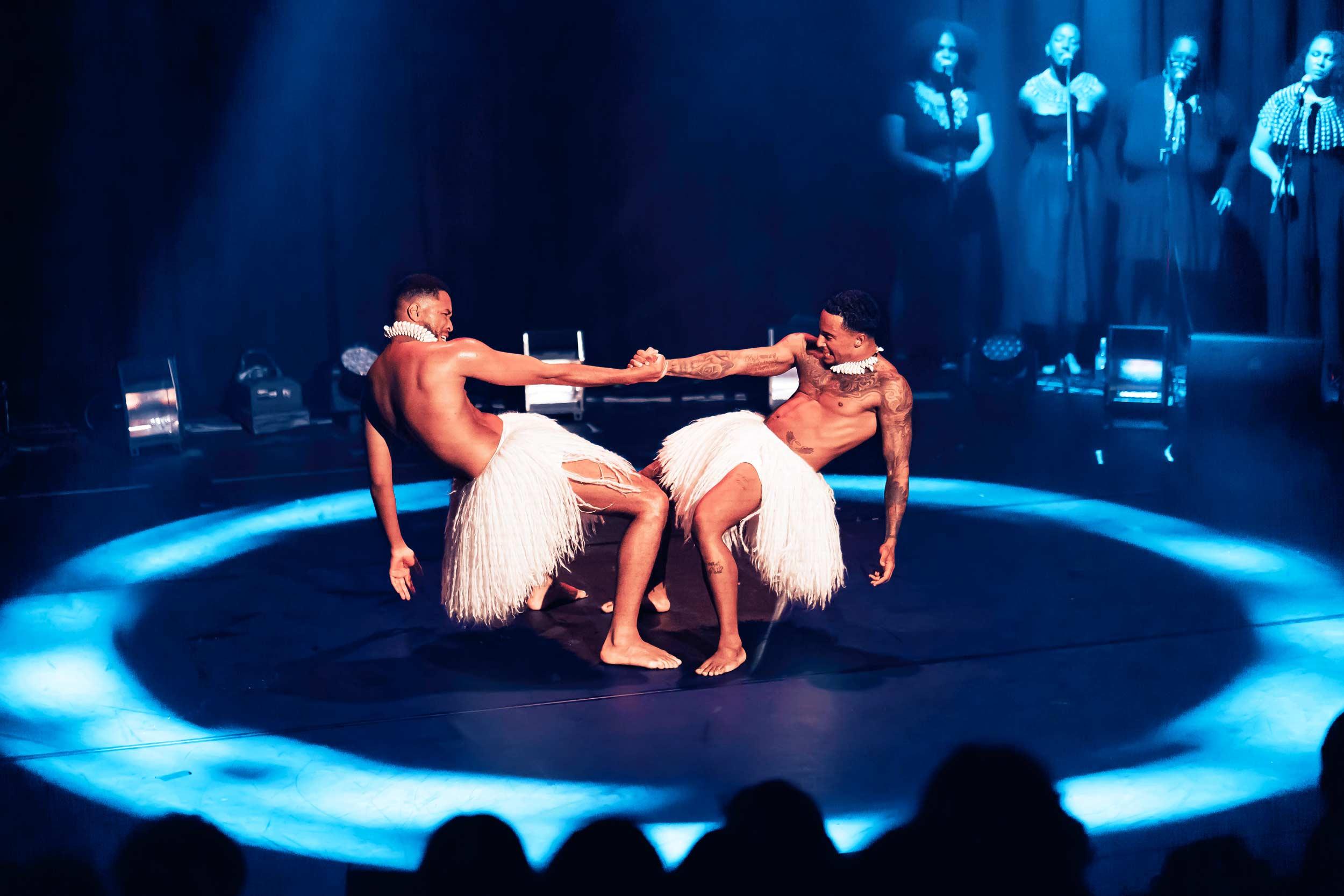Unveiling the Rhythmic Soul of Ghana: An Exploration of Traditional dances
Table of Contents
Introduction:
Ghana, a vibrant tapestry of diverse cultures, is a land renowned for its captivating traditional dances. These dances are an intrinsic part of Ghanaian identity, embodying the nation’s rich history, cultural heritage, and vibrant artistic spirit. From the energetic rhythms of the Kpanlogo too the graceful fluidity of the Adowa, Ghanaian dance forms have evolved over centuries, reflecting the unique experiences and perspectives of various ethnic groups.
Key Terms:
- Traditional Dances
- ghana
- African Rhythm
- Cultural Heritage
- Dance Styles
Benefits of Traditional Ghanaian Dance:
- Cultural Preservation: Dances preserve traditional values, beliefs, and stories, passing them down to future generations.
- Physical Activity: Dancing is an excellent form of exercise, promoting coordination, adaptability, and cardiovascular health.
- Social Cohesion: Dances foster a sense of community, bringing people together through shared experiences and cultural celebrations.
- Artistic Expression: Dances showcase creativity, artistry, and the unique talents of Ghanaian dancers.
- Emotional Outlet: Dancing can be cathartic, allowing individuals to express themselves emotionally and connect with their culture.
Exploring Traditional Ghanaian Dance Styles:
Kpanlogo:
- Origin: Indigenous to the coastal Ga people
- Characteristics: Lively rhythms, energetic steps, and call-and-response vocals
- performed: At festivals, celebrations, and social gatherings
Adowa:
- Origin: Associated with the Akan people
- Characteristics: Graceful and fluid movements, slow and measured pacing, and elegant costumes
- Performed: At weddings, funerals, and religious ceremonies
Kete:
- Origin: Indigenous to the Ewe people of southeastern Ghana
- Characteristics: Rhythmic drumming, acrobatic jumps, and high-energy movements
- Performed: At festivals, storytelling sessions, and community gatherings
Agbadza:
- Origin: Popular among the Ewe people of the Volta Region
- Characteristics: Fast-paced rhythms, intricate footwork, and elaborate costumes
- Performed: At traditional festivals, including the Hogbetsotso festival
Bobobo:
- Origin: Performed by the Frafra people of northeastern Ghana
- Characteristics: Jumping, bouncing, and energetic body movements
- Performed: At village gatherings, festivals, and harvest celebrations
Other Notable Dance styles:
| Dance Style | Region | Characteristics |
|—|—|—|
| Borborbor | Greater Accra | Lively and energetic dance, characterized by fast leg movements |
| Agbekor | Volta Region | Impressive acrobatic dance, known for its high-energy jumps and synchronized movements |
| Bamaya | Northern Ghana | Traditional dance of the Gonja people, featuring intricate footwork and exuberant body movements |
| Damba | Dagbon | Celebratory dance performed during the Damba Festival, showcasing elaborate costumes and rhythmic drumming |
Past and Cultural Significance:
Traditional Ghanaian dances have played a vital role in the nation’s history and culture.They are used to:
- Educate: Dances narrate historical events,cultural values,and moral lessons.
- heal: Certain dances are believed to possess healing properties and are used in traditional medicine.
- Entertain: dances are an integral part of festivals, ceremonies, and social gatherings, providing entertainment and cultural enrichment.
- Communicate: Dances convey messages, emotions, and cultural ideas without the use of words.
Conclusion:
Ghana’s traditional dances are a testament to the nation’s rich cultural heritage. These diverse and vibrant dance forms embody the spirit of Ghana, showcasing the creativity, resilience, and artistic expression of its people. They continue to captivate audiences and preserve the cultural values that have defined Ghana throughout its history. By exploring and appreciating these traditional dances, we gain a deeper understanding of the vibrant tapestry that is Ghana.

